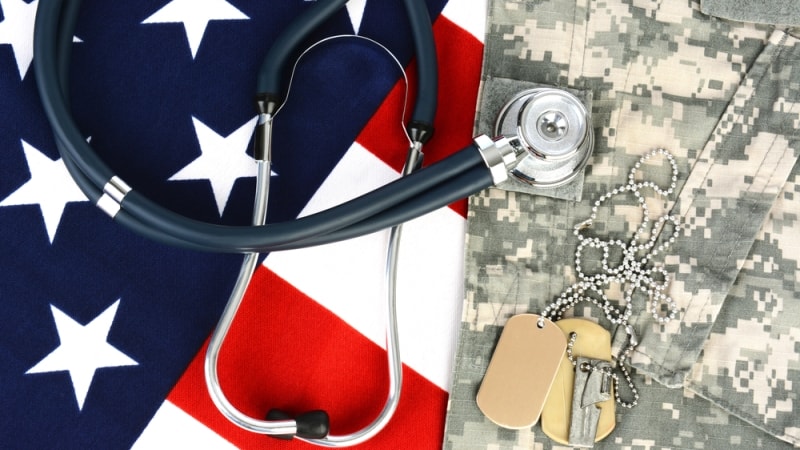
The COVID-19 pandemic allowed the Department of Veterans Affairs (VA) to accelerate its digital transformation efforts in a way that wasn’t possible before the public health crisis, a VA official said this week, while explaining how the agency quickly adapted to become more agile and take advantage of previous investments in digital transformation solutions.
Daniel McCune, acting associate deputy assistant secretary at the Enterprise Program Management Office in VA’s Office of Information and Technology, said the agency’s digital transformation efforts have been repeatedly stress-tested by the pandemic. Typically, the agency fields a new solution in 584 days, but McCune said VA didn’t have the luxury of time during the pandemic.
“We’ve fielded hundreds of solutions over the last 18 months. We needed to pivot much faster and be agile and really address emerging requirements,” McCune said during an August 11 event hosted by FCW. “Our investments in digital transformation have paid dividends.”
VA had to deploy solutions quickly, sometimes in a matter of days, according to McCune. One solution that found great success was the agency’s telehealth program, which McCune said was made possible through cloud technology.
“Telehealth was key for us, and we were doing telehealth before COVID, but we needed to dramatically increase our capacity and so moving to the cloud allowed us to do that,” he said.
“We’ve had more than 11 million telehealth visits during the pandemic. And to put that in perspective, before the pandemic, we would do about 40,000 telehealth visits in a month. Now we may do 40,000 telehealth visits in a single day. So, that is a dramatic scaling and only able to be accomplished by moving to cloud technology.”
Another solution the VA rolled out was its chatbot function, which McCune said was able to “answer many of the routine COVID-19 questions and relieve pressure on our call centers.”

Additionally, the agency rolled out VEText, which veterans of all ages have used to schedule more than 224,000 vaccine appointments through text messaging. The program alerts veterans when they’re eligible for a vaccine, and makes it easier for them to schedule appointments.
“At the beginning of the pandemic, we sent as many as five individual text messages to a veteran, giving them guidance, directing them to COVID resources, and they were able to reply directly to that, or via that text message and schedule appointments,” McCune said.
The agency’s digital tech effort during the pandemic, McCune said, “has been from a transformation perspective, from the bottom up.”
